|
You've tried everything, but you just can't figure out how to make time to write. It's time to WOOP up your writing habit. Let’s say you read the previous article in this series (3 Practical Reasons You Need a Writing Practice) and you’ve been convinced by my scintillating arguments that you need a writing practice. Fantastic. Away with you! Go! Write! Er... Yeah. How? You’ve tried to make time to write, but it hasn’t happened yet. Something keeps getting in the way. It’s time to WOOP a writing habit. What is WOOP?WOOP is a strategy for setting goals and changing habits. WOOP has four steps: W: What is your wish? O: What is the best outcome [if you achieve your wish]? O: What is your main [inner] obstacle for pursuing your wish? P: What is your plan for overcoming your obstacles and achieving your wish? W: What is your wish?My wish for you is to create a writing practice. You want to publish a book, I want to edit it. Neither of us gets paid till you finish writing your book. A writing practice trains your muse to show up when you do. It ensures you have a crappy first draft you can revise later. It gives you a sense of pride in your accomplishment. Look: everything else may have fallen apart, but you have 500 more words on your WIP. Now, creating a writing practice may not be your wish. Your wish may be to write your grandma’s memoir. Creating a writing practice is just a way to do that. But writing grandma’s memoir may not be your actual wish either. Why do you want to write grandma’s memoir? I am practical to a fault, so I get that this sounds a bit woo-woo hokey, but… if you don’t know your why, you won’t do the work. If you try to do the work for the wrong why, you won’t do the work. (Your brain is sometimes smarter than you… And tricksy.) Keep asking yourself why until you get to the root answer. You’ll likely find one of two things. You may find a really good reason for your wish: I wish to preserve grandma’s courage and humor in dealing with breast cancer to use as inspiration for me and my sisters; we’re all readers and love books. Or you’ll find… you don’t really want to write a book at all. You hate reading (this seems unlikely, if you’ve made it this far, but work with me) and wonder how you will preserve Grandma’s sweet Southern accent in writing. You decide to preserve grandma’s courage in some other, better way. If you learn you don’t really want to write a book, that’s OK. Now you don’t have to! You don’t have to fret about making time for something you “should” be doing and can move on to something else instead, something you really want to do. But if you come to a really, really good why, and now you really, really want to write that book, well… keep reading. O: What is the best outcome if you receive (earn) your wish?If your wish is fulfilled, if you do the work and earn it, where will you be? What is the best, most positive outcome? What will you have? How will you feel? This step may also seem a bit woo-woo-y, but this is where you get your motivation. Pursuing any new goal can be a slog (I don’t wanna sit down and write 500 words! The sun just came out for the first time since November!), so you need to know you’re going to get some sort of reward for pursuing that work. O: What is your main [inner] obstacle for pursuing your wish?What’s holding you back? Rational or irrational; bad habit or belief? Fear of failure, fear of success? Fear of failing to capture Grandma’s voice in time? Right now, all you need to do is identify anything that’s holding you back. P: What is your plan for overcoming your obstacles and achieving your wish?In my opinion, this is the most important step. What will you do to overcome your obstacle? What mantra will you tell yourself, what sign will you post, what action will you perform? Think of an if this/then that scenario: If [obstacle], then I will [action]. If I feel fear of failure, then I will breathe deep and say to myself, “The only failure is not writing at all.” Lather, rinse, repeatThis is where I diverge a bit from the original WOOP training: I think these last two steps (Obstacle and Plan) are a loop. Once you discover one obstacle and create a plan to solve it, you may uncover two more. These obstacles may run the gamut from the profound to the absurd. It tends to depend on the creativity and resistance of your brain to change. (See? Tricksy.) I'm sorry. I cannot write today. There's a cat sitting on my laptop... Identify and solve just enough obstacles so you can get the job started. Don’t run into analysis paralysis. And don’t worry about perfection. Done is way better than perfect, and perfect is impossible. Breaking it down further: A specific writing planYou may need to jump to Plan before you can go back to Obstacle (and then back to Plan…). The more specific your plan is for your writing practice, the more obstacles you can suss out and solve. When you think about creating your writing practice, consider:
What's your specific plan?When you have a specific plan, you can think about specific obstacles, and then come up with specific solutions. I plan to write in my kitchen, on my laptop, right after the kid goes to school. Obstacle: the kid is home sick. Plan: If the kid is home sick, I will turn the TV on low and let him watch a show while I write. So? What’s your plan? Brainstorming is one of my hobbies, and a great way for me to procrastinate... feel free to comment about any obstacles you need help planning around!
3 Comments
You want to write a book, but… it ain’t happening. You tell yourself you’ll make time to write, but you don’t. You tell yourself you’ll wait for the muse to strike, but she doesn’t. If you truly want to write that book, then you need to create a writing practice: a plan that develops into a habit that trains the muse to wait on you. “Making time” isn’t working because, you’re busy. We’re all busy. We’ve got to make dinner and help with the kids’ homework. We’re desperately squeezing in a visit to the gym before work and a call to our moms after. We're exhausted after a full day at work or school and running errands on weekends. And that busyness and exhaustion just prevents the muse from ever striking, unless it’s in the shower. And I don’t know about you, but I don’t keep pen and paper in there. You need a writing practice. But “practice?” Come on! You left daily practices behind when you were old enough to tell your mom you didn’t wanna play flute anymore! Benefits of a writing practiceWhen I talk about a writing practice, I do sort of mean those hated flute practices: A consistent time and place and goal for your writing. Writing regularly gets you three benefits:
You actually write
But that won’t happen if you don’t put your butt in your chair and put your fingers on your keyboard. You have to actually write instead of just dream about it. You create a habit by writing regularlyA habit is a set of behaviors or actions that you do without deciding to do them or without thinking about how to do them. Habits explain why you can still sing songs you first learned in your teen years, even if it’s been 5 or 15 or 25 years since you last heard the song. Habits explain how you can drive yourself to work or school without remembering how you got there. If you want to write a single novel, you need, on average, 75,000 words. If you write 500 words every weekday, you’ll have written a book-length work in 30 weeks (if I did my math right!) or 8 months. 8 months to write a single book may seem like a long time. But if you have to decide and plan each and every one of those 150 days when and where you’re going to write… you won’t see a book at the end of those 8 months. You’ll be kicking yourself, again, that you’re still not writing. You need to create a writing practice to avoid trying to “make time” every single day. You improve your writing by practicingWriting crappy words and then revising them is all well and good, but that can sure get tedious. With practice (i.e., repeated effort), your writing WILL get better and you’ll have to revise less. Or, more likely, you’ll be able to spot different things to revise, things that you used to need a critique partner to point out to you. Perhaps when you first start writing your novel all you do is tell, tell, tell and you never show anything. That’s OK. That’s what revision is for. But, if you write regularly, you’ll learn to catch yourself when you tell, tell, tell. You’ll know that now is the time to add in some action or dialog or description to break that telling up. As you read regularly in your genre, the conventions of that genre will start to show up in your writing. If you read how-to-write books, some of that advice will also show up in your writing. Your writing will improve. You’ll still need to revise, but your revision will go up a level. Instead of looking for show-don’t-tell, maybe now you’re looking for story structure: does this scene work in this location? In other words, the better your writing, the more self-editing you can do, the less you’ll pay someone like me. You need to write regularly so you can save mone… Er… You need to write regularly to improve your skills. What's your plan?A writer who waits for ideal conditions under which to work will die without ever putting a word on paper. When you think about creating your writing practice, consider:
The more specific you can be in your planning, the more likely you are to succeed at creating a practice to write regularly, and the more likely you are to complete that book. How can I help?What's your plan? What are your obstacles? Share them in the comments. Maybe one of us can help you get around those obstacles so you can start writing!
Usage
Writing prompts ripped from the headlines... To ensure they got the right items, the specialists from Idaho brought radiation detectors and small samples of dangerous materials to calibrate them: specifically, a plastic-covered disk of plutonium, a material that can be used to fuel nuclear weapons, and another of cesium, a highly radioactive isotope that could potentially be used in a so-called "dirty" radioactive bomb. UsageUsage note: klaxon is a trademarked word that has become used generically, like Band-Aids, so you'll sometimes see it capitalized Klaxon. 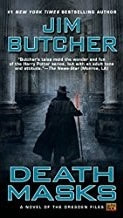 My early-warning system set off an imaginary klaxon. Death Masks (The Dresden Files) Jim Butcher 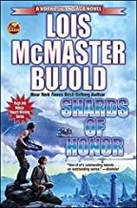 It was only on the third thought that she recognized them, as from the corridor outside, muffled by the door, an alarm klaxon began to hoot rhythmically. Shards of Honor (Vorkosigan Saga) Louis McMaster Bujold UsageUsageHaving been long possessed of this idea, and bolsters being cheap in that country, the days have long gone by since it was possible to distinguish a woman from a dromedary. "Mellonta Tauta"
Edgar Allen Poe UsageUsageUsage |
About ValI read, and then I tell you about what I've read. Whether you want to hear about it or not... Categories
All
Archives
July 2019
|
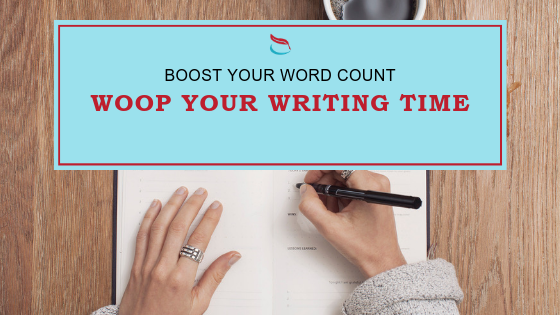
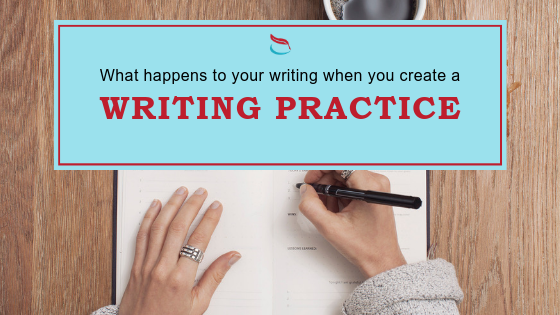

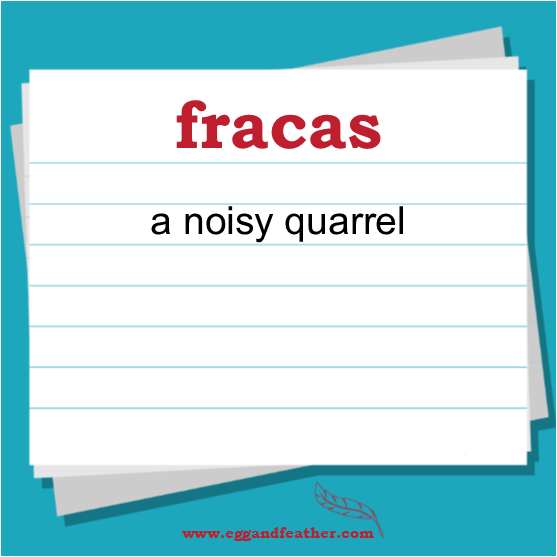
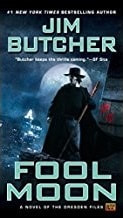
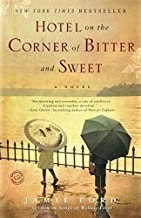
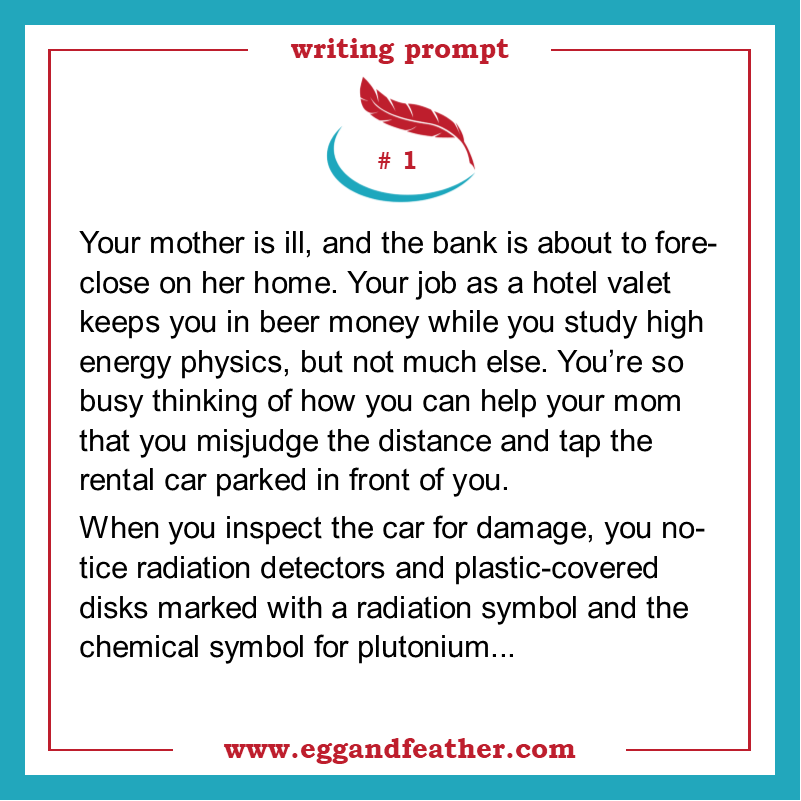
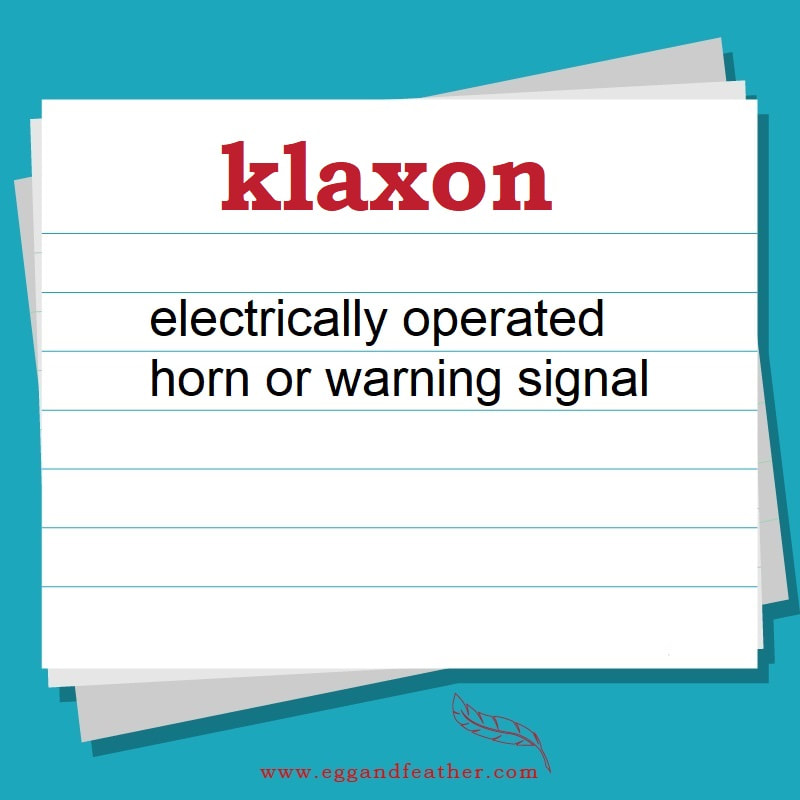
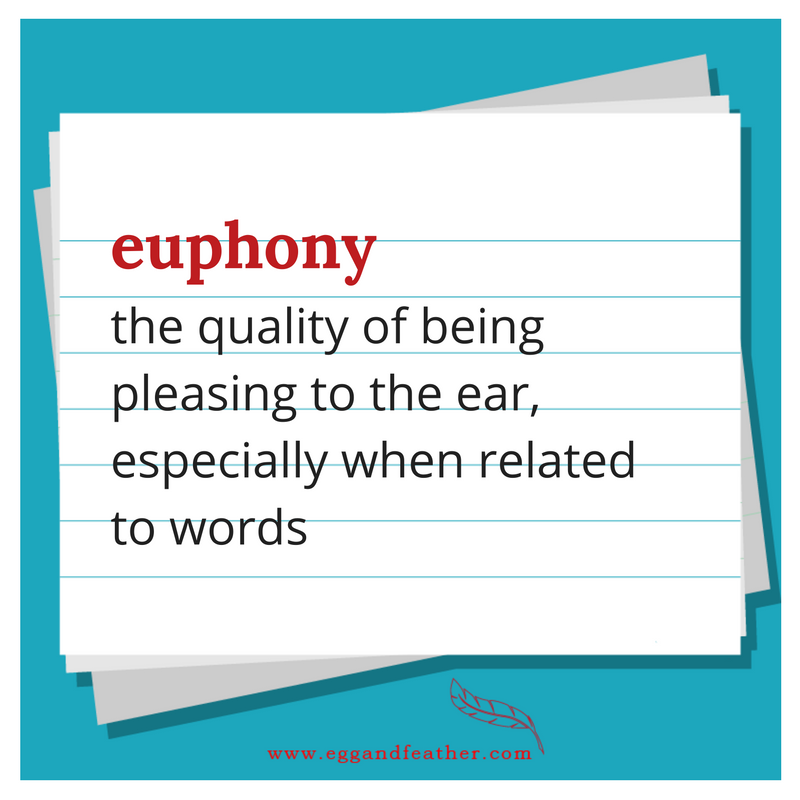
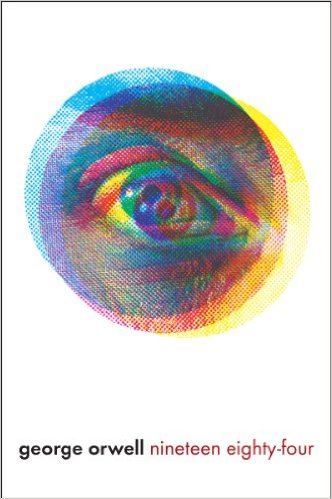
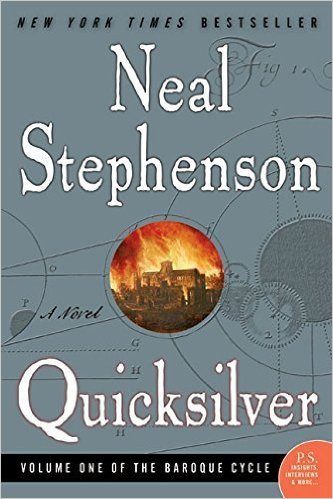
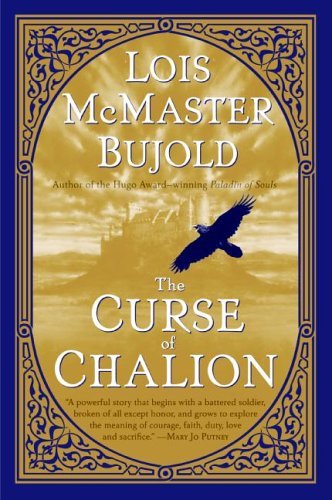


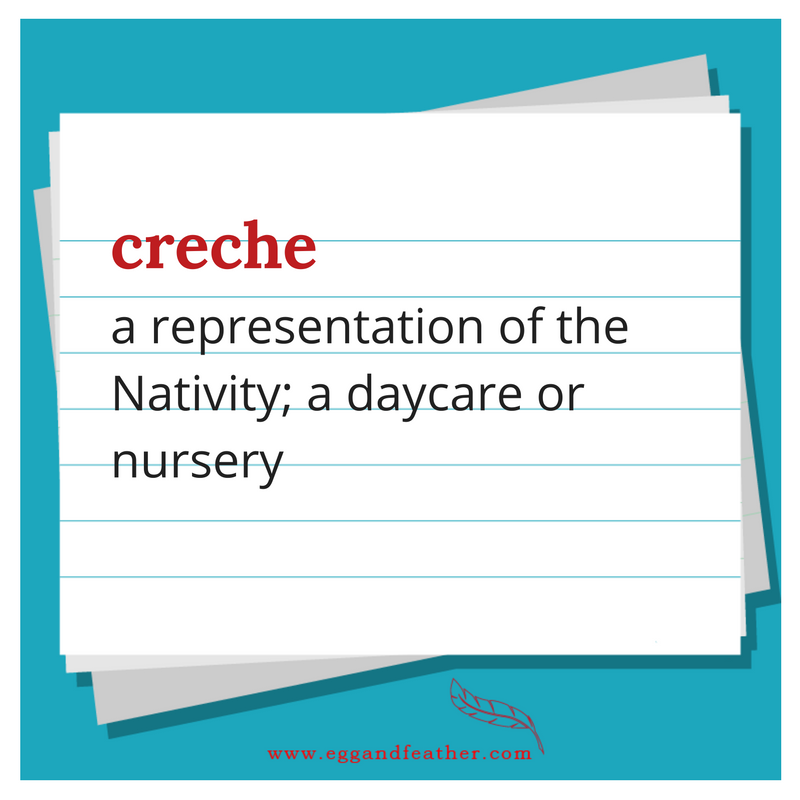
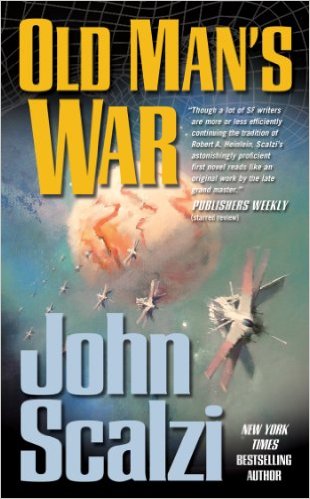
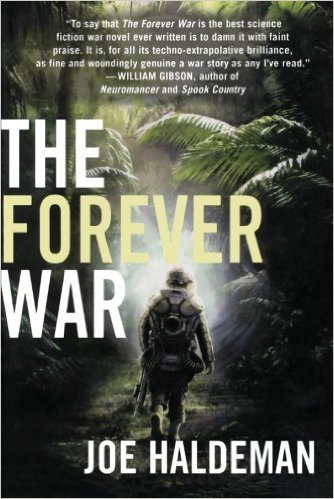
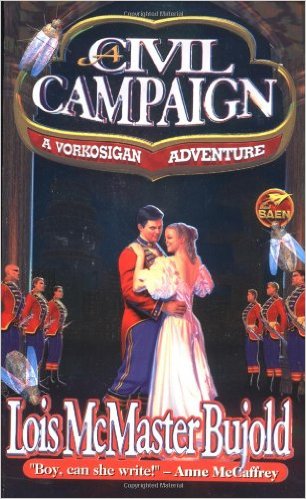


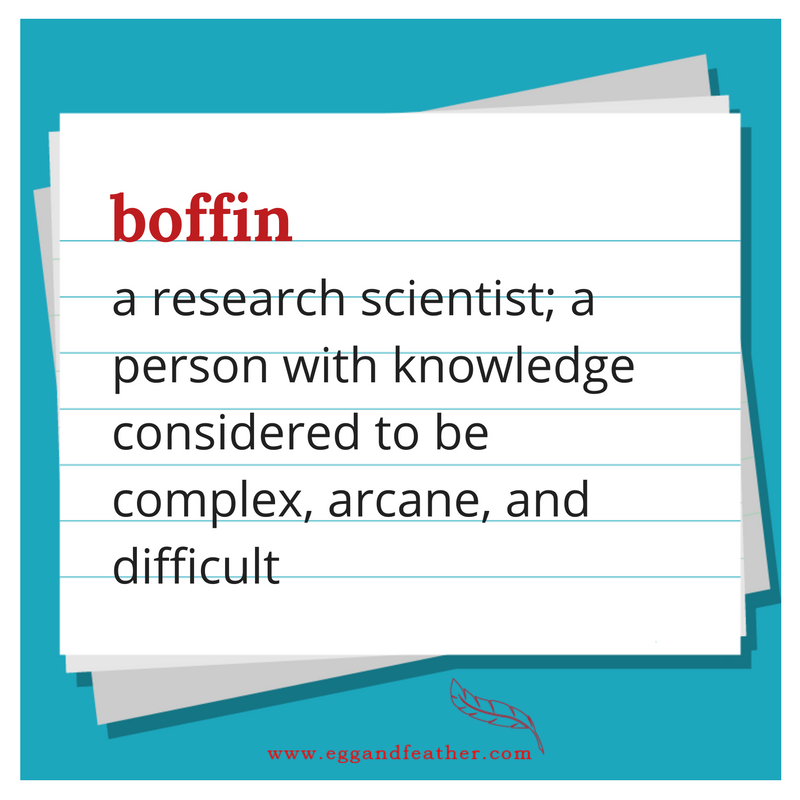
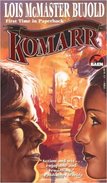
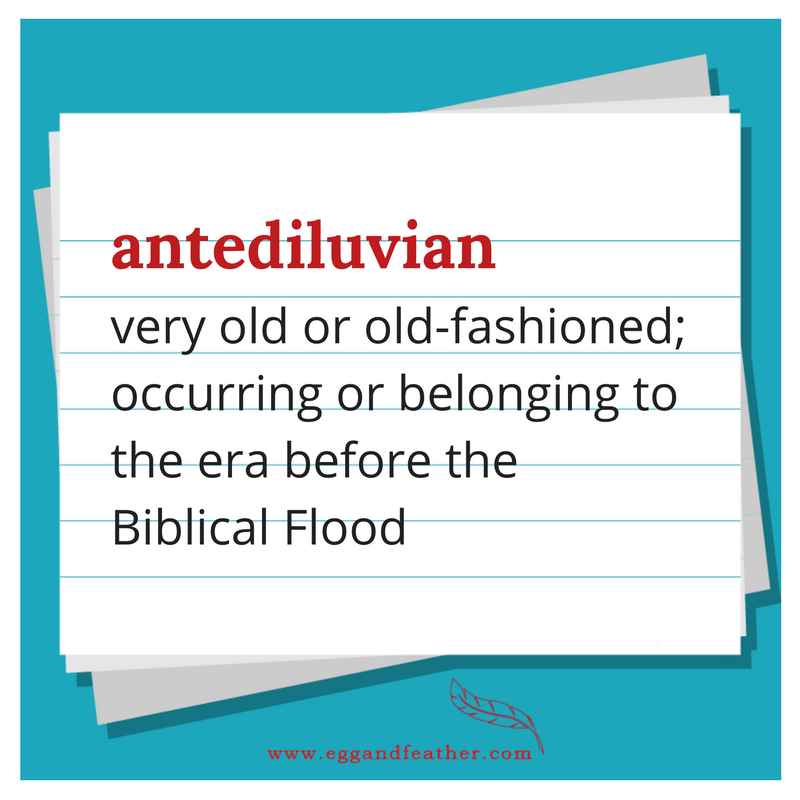
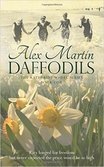
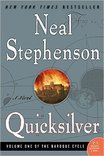
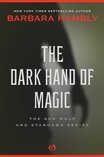

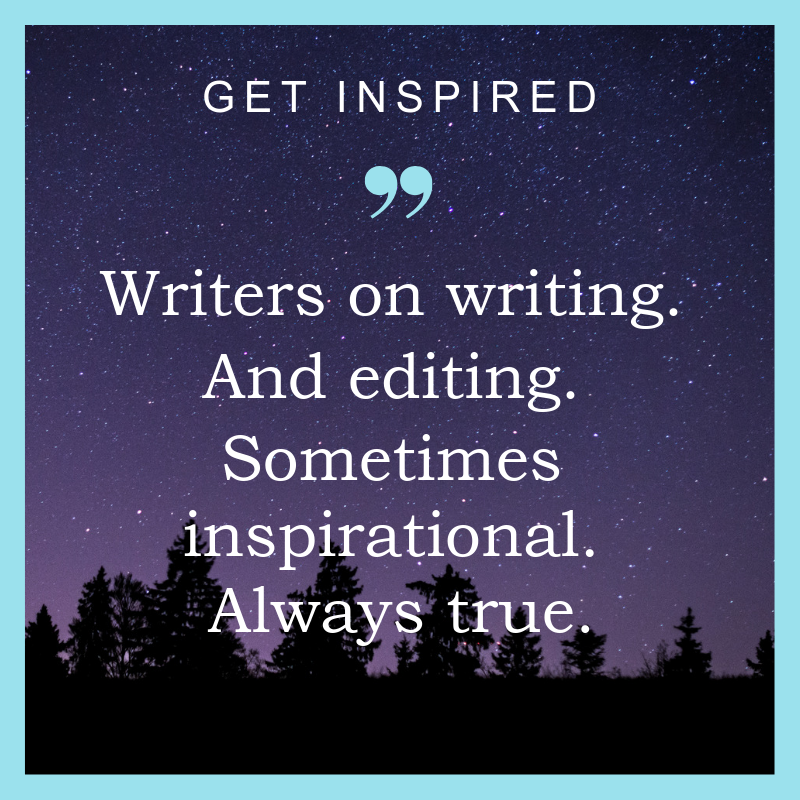
 RSS Feed
RSS Feed
